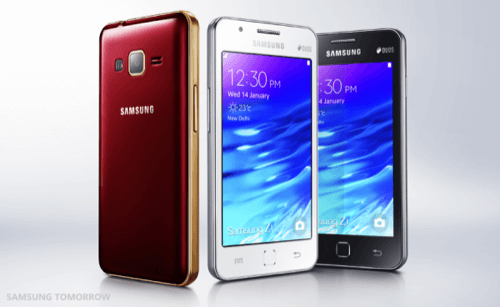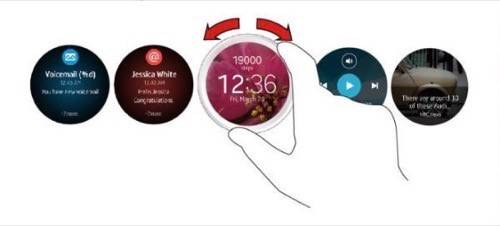
From smartwatches and smartphones to smart televisions, Samsung is putting its homegrown Tizen operating system into as many products as it can. While Tizen has yet to take off in the way the company has hoped, a new report published by Counterpoint Research reveals that there’s one place that Tizen mania has struck at least one place: Bangladesh.
The relatively small country is one of the most densely populated in the world, and its people are apparently crazy for Samsung’s Tizen-powered Z1. The report says that, in Q1 2015, it was the top-selling smartphone in Bangladesh’s nascent mobile market.
See also: Samsung Announces The First Tizen Smartphone, The Z1
This is a big win for Samsung, not just because rivals like Apple and others have been vying to own emerging markets, but because the South Korean tech maker desperately wants to validate Tizen apps and services. The company has been trying to jumpstart an app ecosystem to rival Android, but one that doesn’t share a nickel with Google.
That’s usually the biggest hurdle for any rivals to Android or iOS; without users, there’s little incentive for developers to bother making apps for a given platform. It’s the same conundrum Windows Mobile (née Windows Phone, née old Windows Mobile) has faced for years.

Samsung has struggled to justify Tizen’s existence, and has more or less failed to do so. Recent hints provided by Samsung’s revamped Tizen smartwatch SDK seem to indicate a more careful approach towards its wearables. But what may work for wearables doesn’t necessarily translate to smartphones. As TechCrunch points out, the Z1 has only captured about 1 percent of the smartphone market in its initial launch territory of India.
In the end, the only way for Tizen to truly take off is for Samsung to prove it’s worthwhile for users. With Bangladesh embracing the platform, at least the company now has data it can point to, which may give it a fighting chance, at least in the developing world. As for anywhere else, the jury is still out.
Images courtesy of Samsung
















